We hate the thought of our pups becoming ill, but being educated is key to keeping our dogs as healthy as possible. Everyone knows that the quicker cancer is found and diagnosed, the better the chances are of fighting it off and prolonging your dog’s life. While annual check-ups at the vet are important, a year between visits is just too long when it comes to fighting cancer. Canines are susceptible to the same types of cancers as humans, but they can metastasize at a much faster rate.
Regardless of your dog’s age, be proactive by looking for early symptoms that could indicate cancer. Dr. Kelly Ryan, DVM at the Animal Medical Center of Mid-America and Humane Society of Missouri, goes by these 10 warning signs that dog owners should know to watch for. If you notice any of these symptoms in your pet, schedule an appointment with your veterinarian, ASAP.
#1 – Unusual Odors
While “dog breath” is common, if you notice unusually foul odors coming from the mouth, nose or rectal area, it may be due to a tumor.
#2 – Bumps or Lumps On or Under the Skin
Get into the habit of checking your pet’s skin monthly. Don’t forget to check behind ears and around the face. Even if you find a very tiny lump or bump, cancer can grow very quickly. Any new lumps or bumps should not be ignored. If the bumps are bleeding or there is discharge, see a veterinarian immediately.
#3 – Unusual Weight Loss
Unless you’ve put your pet on a diet, their weight should remain pretty consistent. Sudden weight loss is a cause for concern.
#4 – Appetite Changes
If your dog has lost interest in meal times, illness is likely the cause. Many health conditions cause appetite loss, and cancer is one of them.
#5 – Lethargy
Learn to tell the difference between a lazy dog and a lethargic one. You know your dog’s personality the best. If he doesn’t seem like himself and is spending more and more time sleeping, talk to your veterinarian.
#6 – Respiratory Problems
Dogs can get lung cancer, and some indicators could be coughing, wheezing, or shortness of breath after very little exercise.
#7 – Behavior Changes
Has your normally mellow dog been snapping? Is she spending more time away from you? She could be in pain. Also pay attention to how she is walking, eating and playing. If you notice any limping or struggling – it’s time to see the vet.
#8 – Open Sores
If your dog has an open sore or other wounds that aren’t healing properly, it could be because of a larger medical issue. Time to seek a professional opinion.
#9 – Vomiting and Diarrhea
If you notice that your dog is vomiting frequently, and/or has diarrhea, you should see your veterinarian, especially if it’s accompanied by any of these other symptoms. Also check your dog’s abdomen for bloating and distension (stomach swelling).
#10 – Pale Gums
Know what a healthy dog’s mouth looks like so you can tell when your canine’s isn’t. Very pale gums could mean blood loss, and cancer is one of many illnesses associated with this symptom.

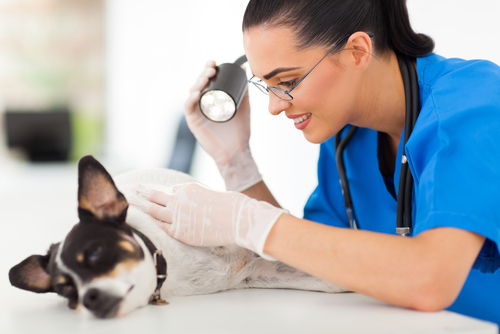

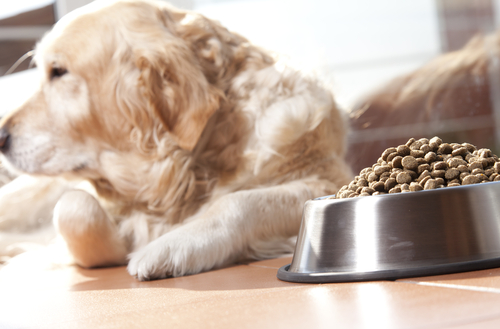

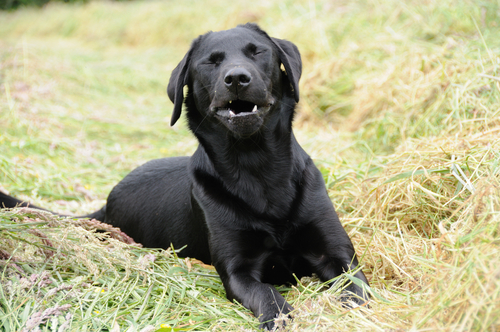


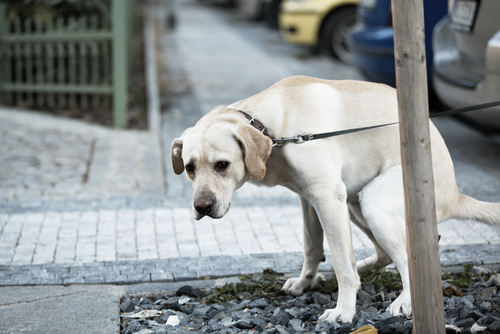
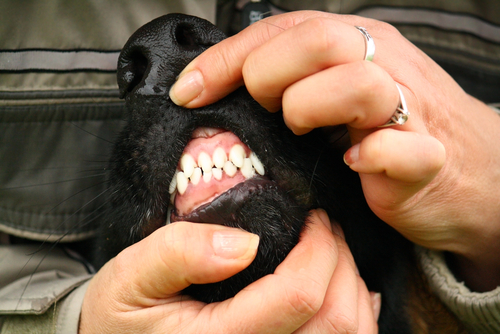
 Toledo, United States.
Toledo, United States.
